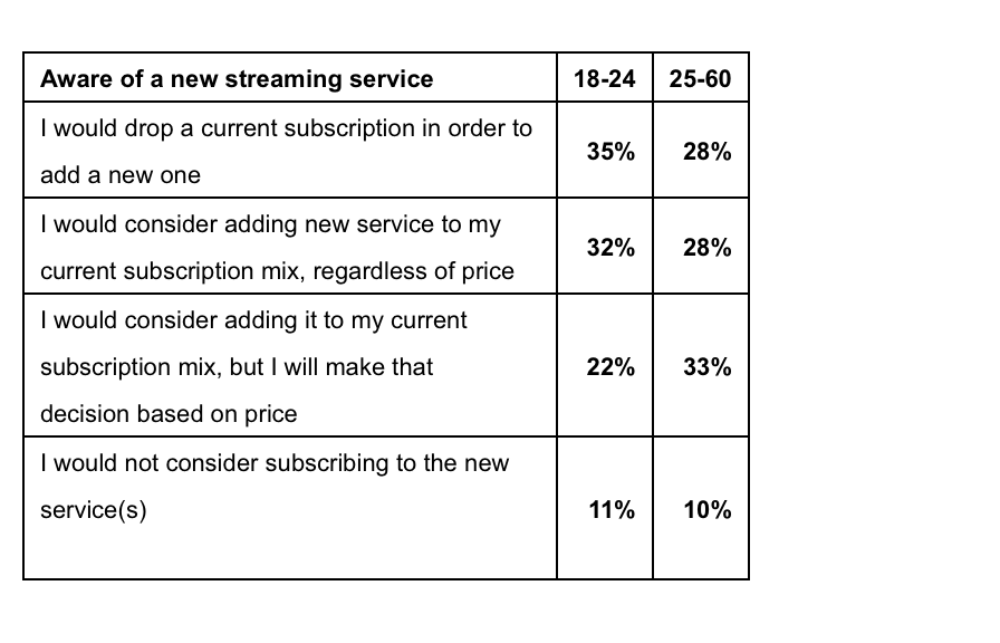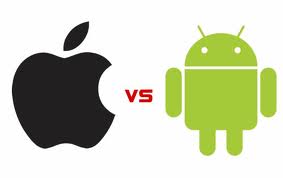Consumers today on average pay $22 a month for video streaming subscriptions and are willing to pay an additional $11 a month – or 50 percent more — for additional services in an increasingly competitive market, according to a new report from audit, tax and advisory services firm KPMG (www.kpmg.com).
Consumers’ growing use of streaming services has sparked massive investment by content providers. eMarketer predicted that 182.5 million people in the U.S., or about 55 percent of the population, will watch content on subscription over-the-top services in 2019. Apple, Walt Disney, AT&T Corp. and Comcast Corp. have launched or will be launching Netflix and Amazon.
“The fact that consumers are willing to pay 50% more, on average, provides a critical marker for providers as our study indicates a high degree of price sensitivity,” said Michelle Wroan, KPMG National Media Sector leader.
KPMG surveyed more than 2,000 subscribers, ages 18-24 and 25-60, to examine how people choose their video streaming services and the factors they deem most important.
Price topped the list of the most important features for both demographic groups in selecting a streaming service. Consumers aged 18-24 ranked ad-free service a close second, followed by content, while 25-60 year olds listed content a distant second, followed by ease of access.
Looking deeper at the survey results on pricing, just under 70% of respondents ages 18-24 and nearly 80 percent of those 25-60 currently pay $10-$40 per month for streaming subscriptions. Across age groups, when considering additional streaming services, most people would be willing to pay up to $20 more per month, while others would not be willing to increase their monthly spend at all.
“Assuming the price is right, content remains a key differentiator, and that’s why the major players have acquired content and lined up high-profile content production teams,” Wroan said.
About a third of the survey respondents said that a broad mix of content is a key consideration when choosing a video streaming service. After that, 18-24 year olds listed favorite older TV shows, while the 25-60 year olds ranked the movie library and original series second. As far as where they watch content, more 18-24 year olds (41%) use a smartphone most often to watch streaming content than any other device, and more 25-60 year olds (61%) watch most on TV, smart TVs and devices such as Roku and Apple TV.
Among subscribers who are aware of a new streaming service, the decision to add or drop services based on new offerings may come down to price, according to Wroan.




